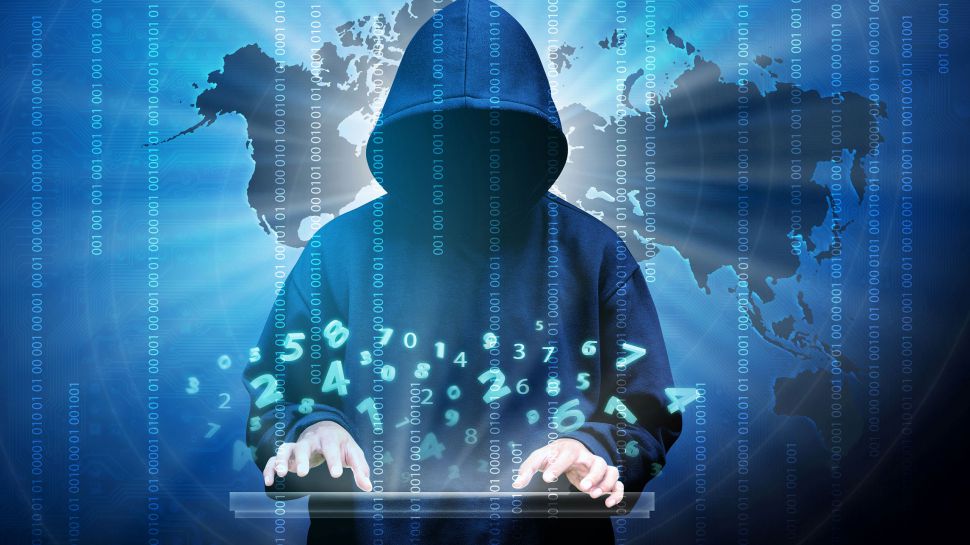
BT has claimed it detected more than 2,000 signals of potential cyber attacks every second, amounting to over 200 million incidents per day.
The data represents a 1,234% annual rise in malicious internet protocol (IP) scanners across the BT network.
There are a large number of legitimate scans done for security monitoring purposes, but roughly three quarters of the scans done are malicious, which suggested hackers are looking for vulnerabilities in online public services and systems of business. Web connected devices were scanned approximately 1,000 per day by threat actors.
Increased sophistication
The analysis showed that defence, finance, and IT services are the three most targeted sectors, but reported a marked increase on more vulnerable industries like healthcare and education.
Those high- risk industries are becoming more susceptible to cyber attacks since they often cannot splash out on top tier cybersecurity, and their sensitive data can be leveraged in ransomware attacks whilst their service is crippled.
The introduction of AI is set to ‘“almost certainly increase the volume and heighten the impact" of cyber-attacks in the next two years according to the National Cyber Security Center, who confirmed cybercriminals are using the tech to carry out more sophisticated scans and operations.
“Today, every business is a digital business, and our data shows that every 90 seconds hackers are checking connected devices to find a way in – like opportunistic burglars looking for an open window," BT’s Managing Director of Security, Tris Morgan added.
"Tools like AI provide new routes of attack, but they can also be the first line of defence. At BT, we’re constantly evolving our network security to stay one step ahead and protect more than a million businesses, day in, day out.”
More from TechRadar Pro
- Take a look at our pick of the best malware removal software
- We’ve listed the best cybersecurity practices to help keep your business safe
- Check out our pick of the best endpoint security tools around







